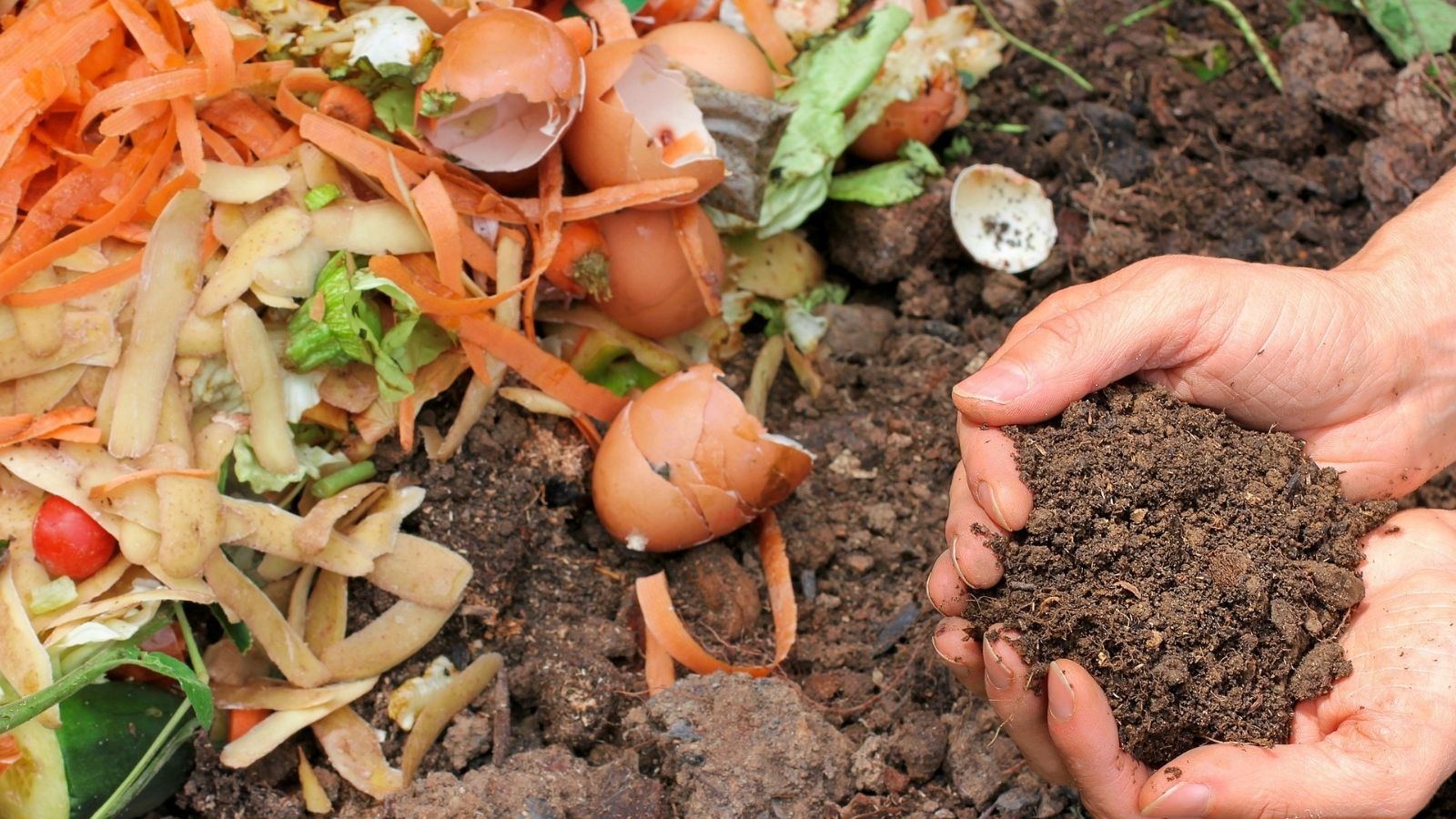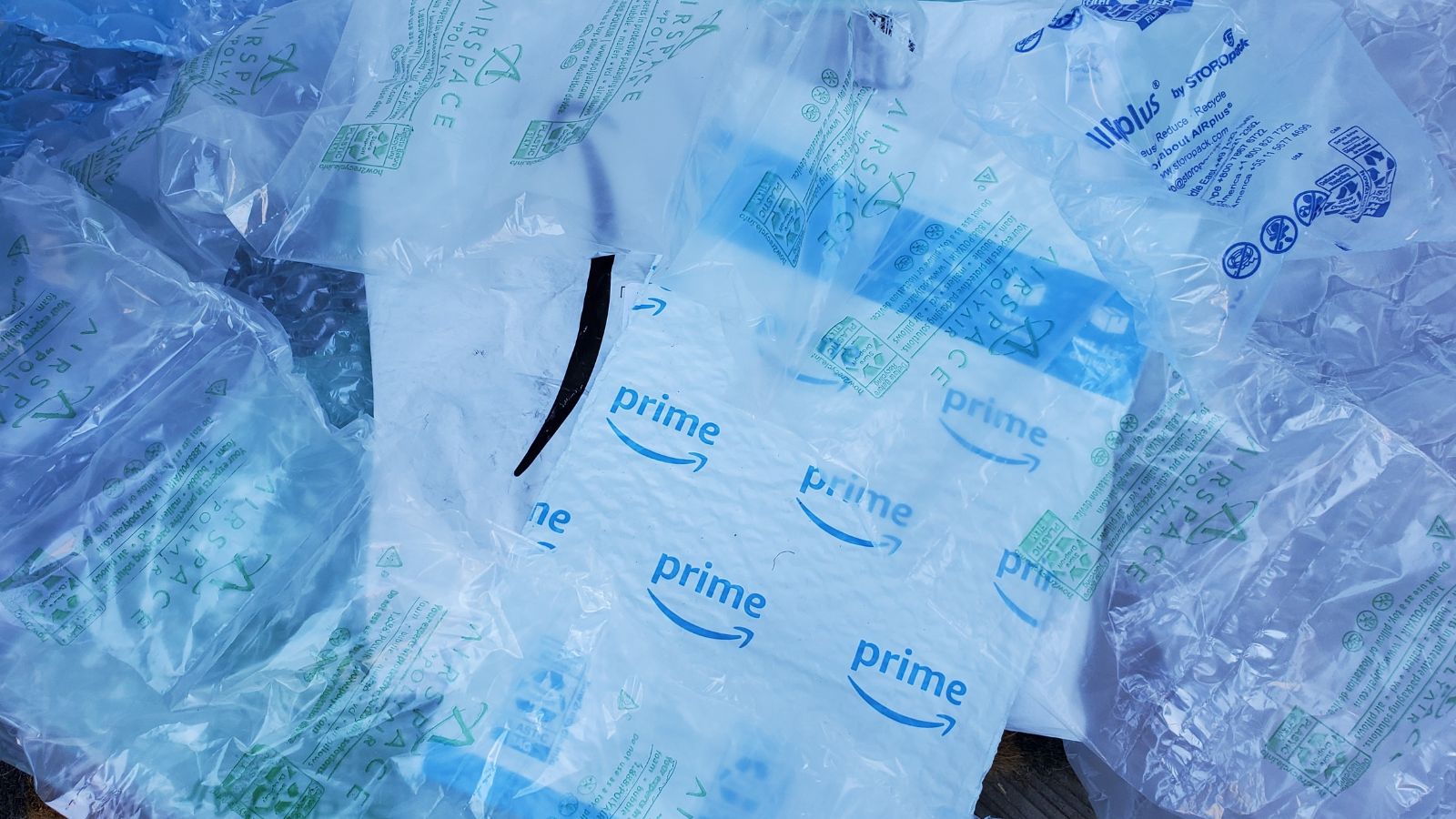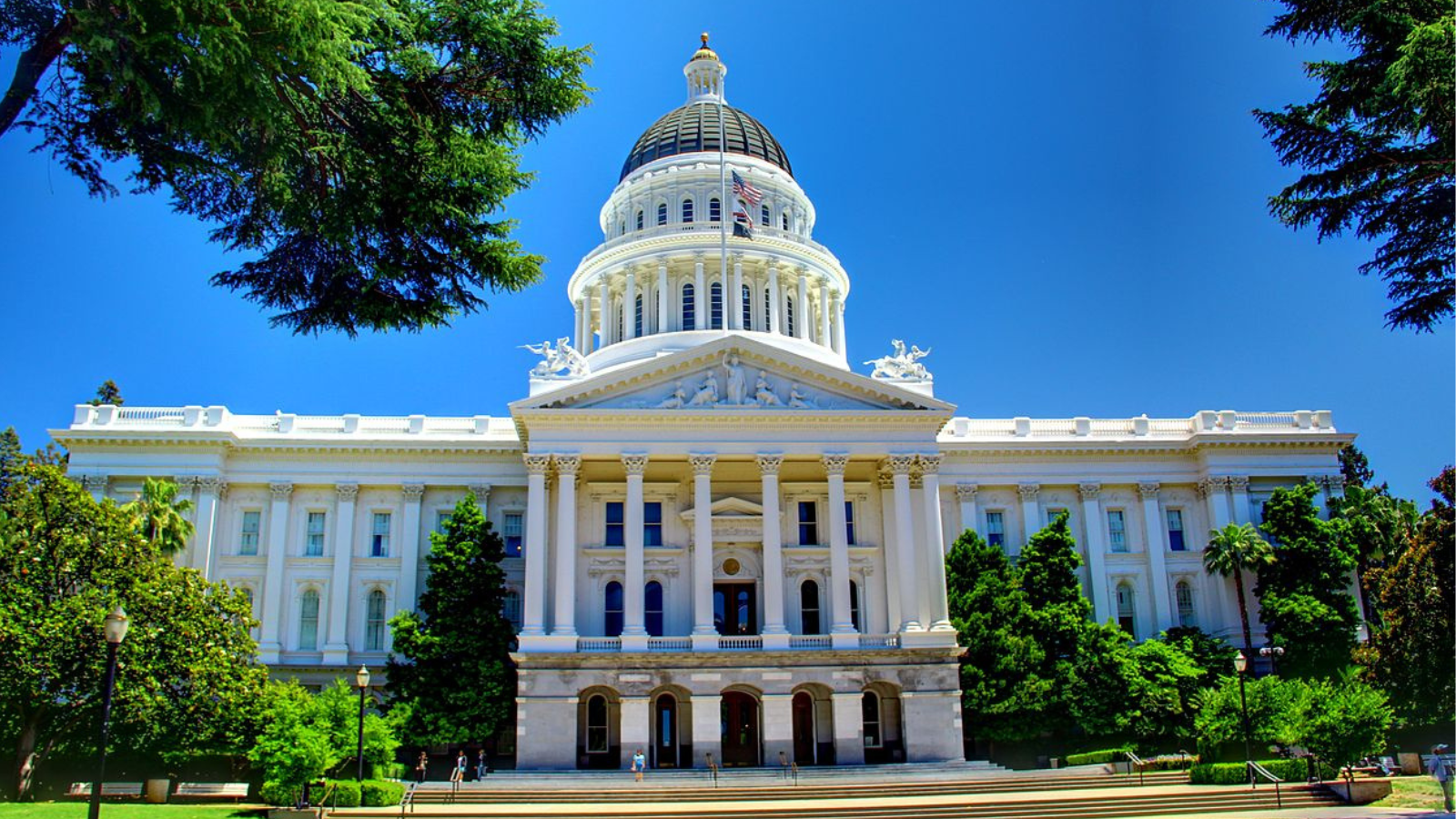Why we should expand composting infrastructure across the country.
Increasing compost can quickly and efficiently decrease methane emissions in landfills and restore soil health.

This January, California enacted a new law requiring residents to place their food and organic waste into compost bins rather than the garbage. This is welcome news because increasing compost can quickly and efficiently decrease methane emissions in landfills and restore soil health.
In 2015, Americans landfilled or incinerated over 50 million tons of compostable waste. That is enough to fill a line of fully-loaded 18-wheelers, stretching from New York City to Los Angeles ten times. If we were able to give every home a green bin we could divert around one third of our landfilled waste and provide huge greenhouse gas emissions reductions.
Composting programs divert organic material – such as food scraps, leaves, branches, grass clippings and other biodegradable material – away from landfills and incinerators and turn it into a valuable product, compost. In turn, compost can replenish soil nutrients and organic matter, boosting food production while replacing synthetic fertilizers. Adding compost can also help prevent topsoil erosion by allowing the soil to absorb more water during heavy rainfalls and by fostering robust plant growth. One study found that the application of compost helped to reduce soil loss by 86 percent.
Organic material, when landfilled, produces methane, a greenhouse gas that’s 28-36 times more potent than carbon dioxide. In 2019, landfills in the United States produced greenhouse gas emissions equivalent to powering nearly 12 million homes for an entire year. Organic waste sent to the landfill produces greenhouse gas emissions that could be avoided through composting.
Composting can also help pull carbon out of the atmosphere. In California, a model found that applying compost to 50% of California’s land used for grazing could sequester the amount of carbon currently emitted by all of the homes and businesses in the state.
Despite their obvious benefits, composting programs are currently limited. As of 2019, less than 2% of American communities have access to curbside pickup for food waste; only 326 towns and cities out of over 19,000 nationwide. California’s bill will expand access to every community in California, complete with home-composting training sessions and discounted bins.
Many of our climate solutions require massive investments, material innovation and fighting powerful industries. While those efforts are worth taking on, one might argue that increasing compost in the U.S. in comparison is straightforward. Hardly any industries oppose composting because landfilling food and yard waste simply wastes resources and offers no benefits. California’s new law provides an example for how we can radically increase composting access, and is a model other states ought to follow.
As California’s composting program is implemented, it should provide a model for the rest of the country to follow. Past versions of the Build Back Better package have included funding to expand composting infrastructure across the United States, focusing on areas which have historically not had access to compost programs. Congress ought to continue pushing for funding for composting regardless of if Build Back Better is broken down into several smaller bills or reimagined as a larger bill. If there were ever an ‘easy button’ to mitigate the climate crisis, it might be providing compost. Now is the time to promote the expansion of green bin infrastructure nationwide.
Topics
Authors
Juliana Clejan
Find Out More

Turning plastic waste into plastic lumber isn’t recycling

A look back at what our unique network accomplished in 2023

PIRG’s warmest wishes for a safe and happy new year


